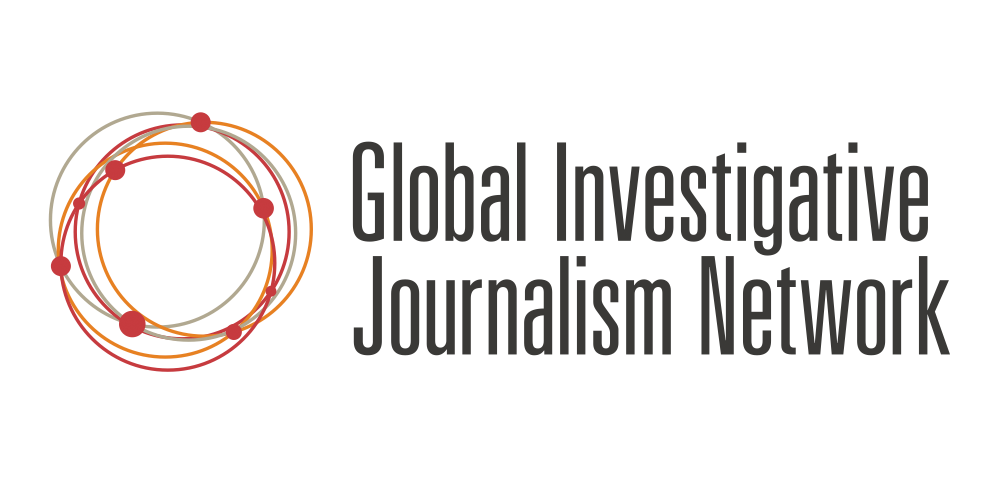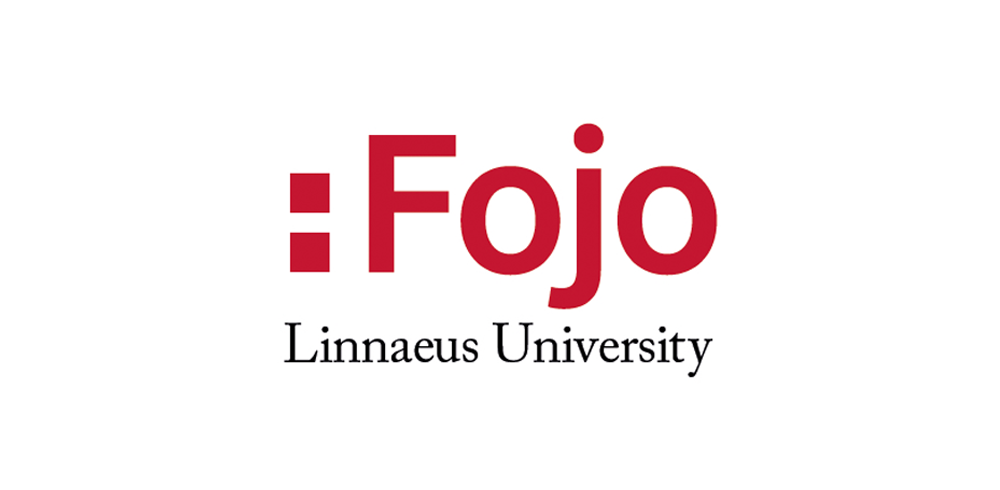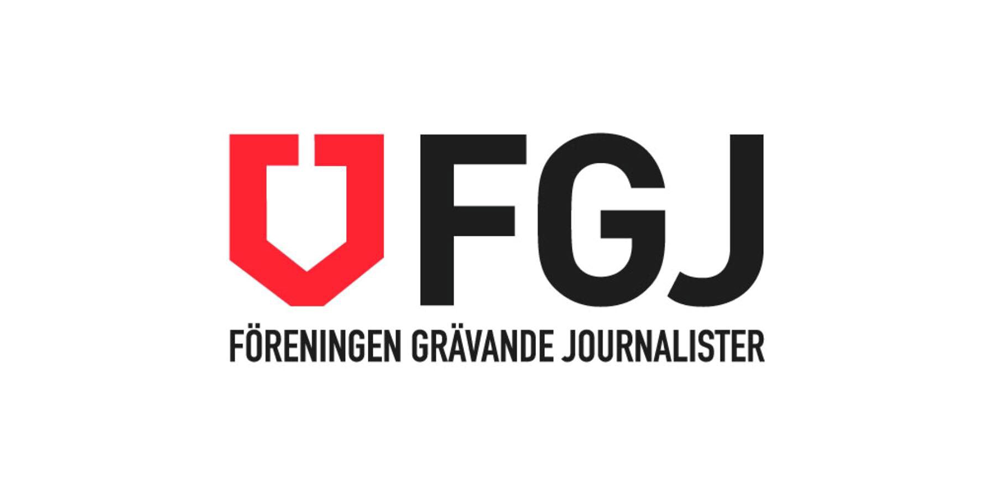Get ready for #GIJC23! We’ve been waiting since before the pandemic to bring together the world’s investigative journalists. We expect a record 2,000 journalists from over 115 countries to join us in historic Gothenburg, Sweden.
Here’s a look at the schedule. We’ve integrated more than 400 pitches and proposals, as well as what past attendees have told us they most valued. You’ll find nearly 200 workshops, expert panels, networking sessions, and special events — with 300 speakers from around the world.
Registered participants will be able to access the GIJC23 program on Sched, our conference app, in early September. You will receive the invitation from notifications@sched.com to login to Sched via the email you have provided during registration in Eventbrite. You’ll be able to make your own schedule, find colleagues, and network across countries and topics.



